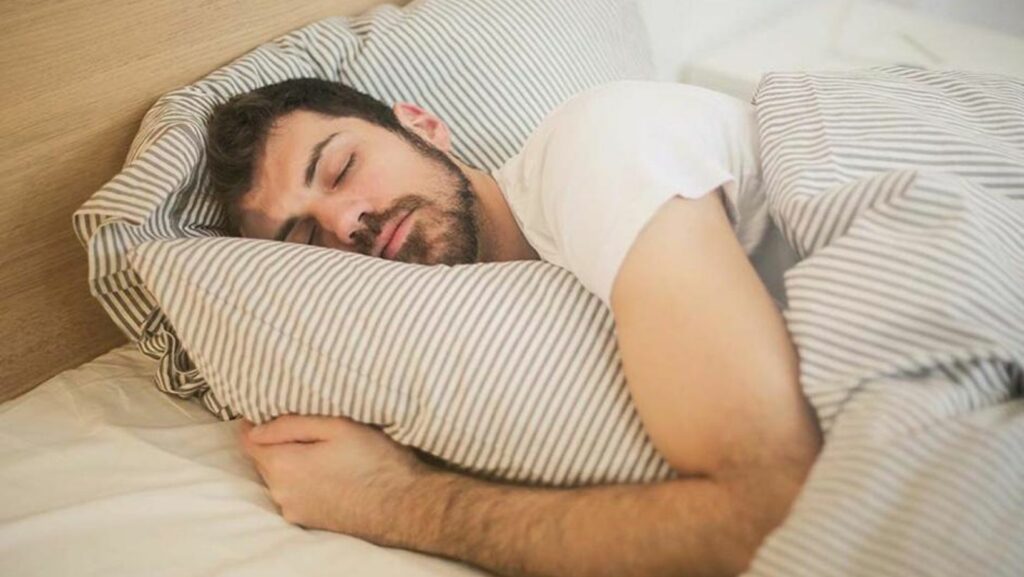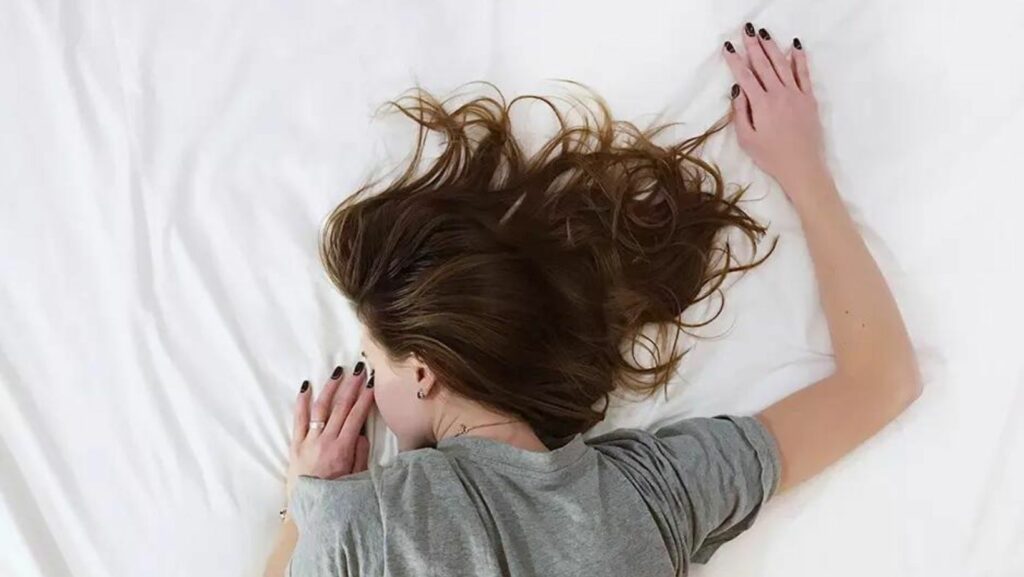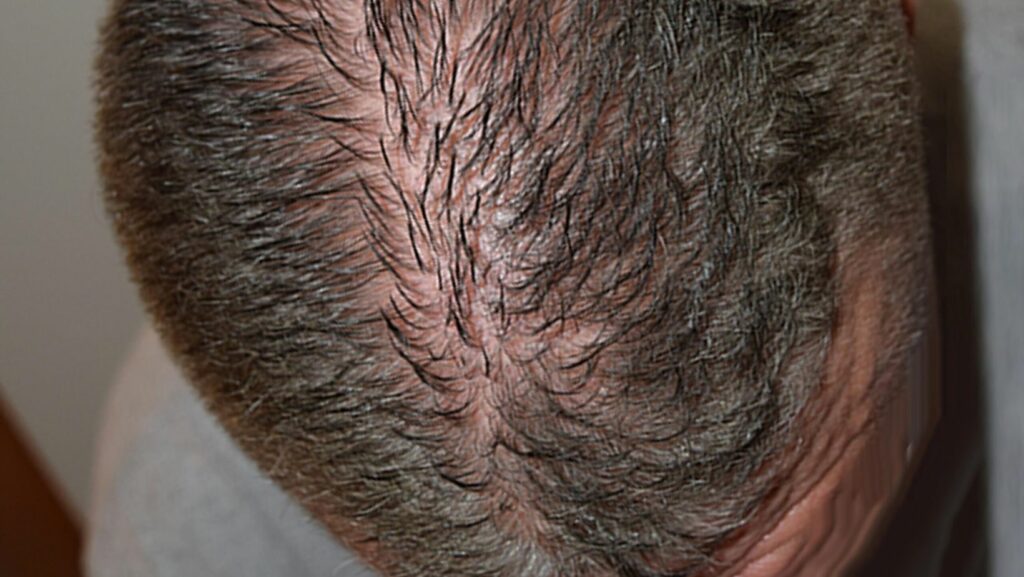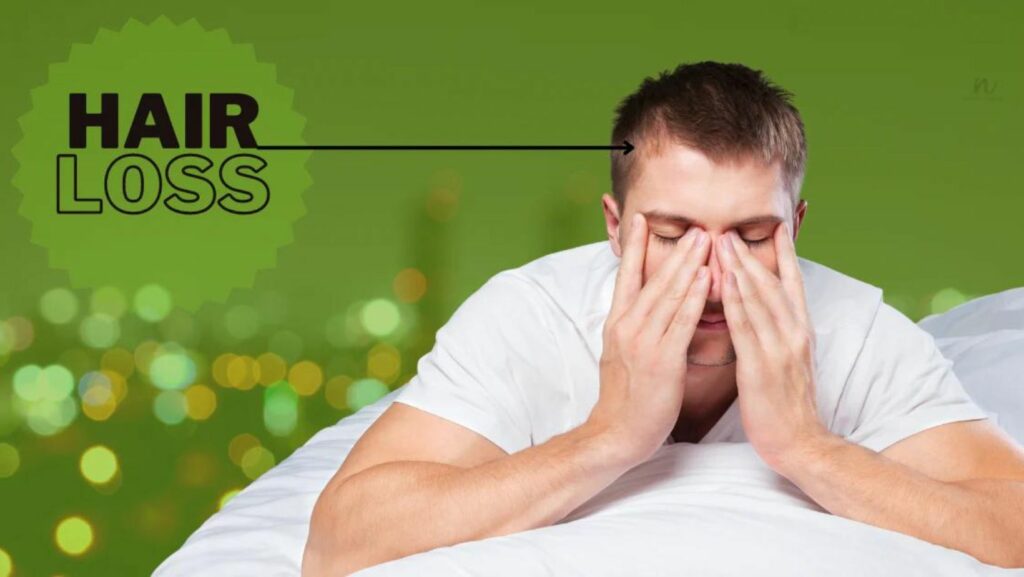Can Lack of Sleep Cause Hair Loss
When it comes to the link between lack of sleep and hair loss, many people wonder if one can directly cause the other. Can lack of sleep cause hair loss? The importance of adequate sleep for overall health is well-known, but its specific impact on hair growth and retention is a topic that requires a closer look.

As an expert in the field, I’ll delve into the potential connection between insufficient sleep and hair loss. Can lack of sleep cause hair loss? Research suggests that sleep deprivation can indeed disrupt various bodily functions, including those related to hair follicles. Understanding how these factors interplay can shed light on whether there’s a causal relationship between the two.
By exploring the mechanisms behind both sleep patterns and hair health, we can uncover valuable insights into how lifestyle choices may influence hair loss. This analysis will not only address common concerns but also provide actionable steps individuals can take to promote both better sleep quality and optimal hair growth.
Understanding the Link Between Sleep and Hair Health
When it comes to our well-being, SLEEP plays a crucial role, affecting not only our energy levels but also our overall health. The connection between LACK OF SLEEP and hair loss has been a topic of interest among researchers and health professionals alike.

Studies have shown that sleep deprivation can disrupt the body’s hormonal balance. Inadequate sleep may lead to an increase in stress hormones like cortisol, which can negatively impact hair follicles’ growth cycle. This disruption could result in conditions such as telogen effluvium, where hair prematurely enters the resting phase and sheds more than usual.
Furthermore, during deep sleep stages, essential repair processes take place throughout the body, including the scalp. A lack of restorative sleep may impede these processes, potentially affecting the nourishment and oxygen supply to hair follicles. Over time, this could weaken the hair strands and contribute to increased shedding or slower growth rates.
In addition to hormonal imbalances and impaired repair mechanisms, poor sleep quality can also lead to heightened inflammation in the body. Chronic inflammation has been linked to various health issues, including those that affect hair health. By addressing SLEEP DEFICIENCIES and improving sleep habits, individuals may positively influence their overall well-being and potentially mitigate certain factors that contribute to hair loss.
The relationship between adequate sleep and healthy hair is multifaceted. Incorporating good sleep hygiene practices into one’s routine is not only beneficial for overall wellness but may also play a role in maintaining strong, vibrant hair. Prioritizing restful nights can be a simple yet impactful step towards promoting both physical and emotional health while supporting optimal hair growth and vitality. For those experiencing hair loss, exploring options for hair loss treatment Singapore can provide additional support and solutions to enhance hair health.
Exploring Hair Loss Causes
When it comes to understanding the root causes of hair loss, various factors can play a role in this common condition. Let’s delve into some key aspects that may contribute to hair loss:

- Genetics: Family history often plays a significant part in determining whether an individual may experience hair loss. Genetic predispositions can influence the pattern and timing of hair thinning or shedding.
- Hormonal Imbalance: Hormonal changes, such as those occurring during pregnancy, menopause, or conditions like thyroid disorders, can impact hair growth cycles and lead to temporary or prolonged hair loss.
- Stress and Lifestyle: High levels of stress, poor dietary habits, lack of sleep (YES SLEEP), and lifestyle choices can all affect the health of your hair. Chronic stress is known to disrupt normal bodily functions, including those related to hair growth. Hot sleepers who are prone to tossing and turning can benefit from cooling sleep solutions from https://sleep.me/.
- Medical Conditions: Underlying medical conditions like alopecia areata, scalp infections, autoimmune diseases, or nutritional deficiencies can contribute to significant hair loss issues that require specific treatments tailored to each condition.
- Environmental Factors: Exposure to environmental pollutants, harsh chemicals in hair products, excessive heat styling, or frequent use of tight hairstyles can damage the hair shaft and follicles over time, potentially leading to thinning or breakage.
By exploring these diverse causes of hair loss with care and attention to detail (and NOT PANICKING), individuals can better understand their unique circumstances and make informed decisions about potential treatments or preventive measures. Remember – maintaining a healthy lifestyle and seeking professional advice when needed are crucial steps in managing concerns related to hair health.

